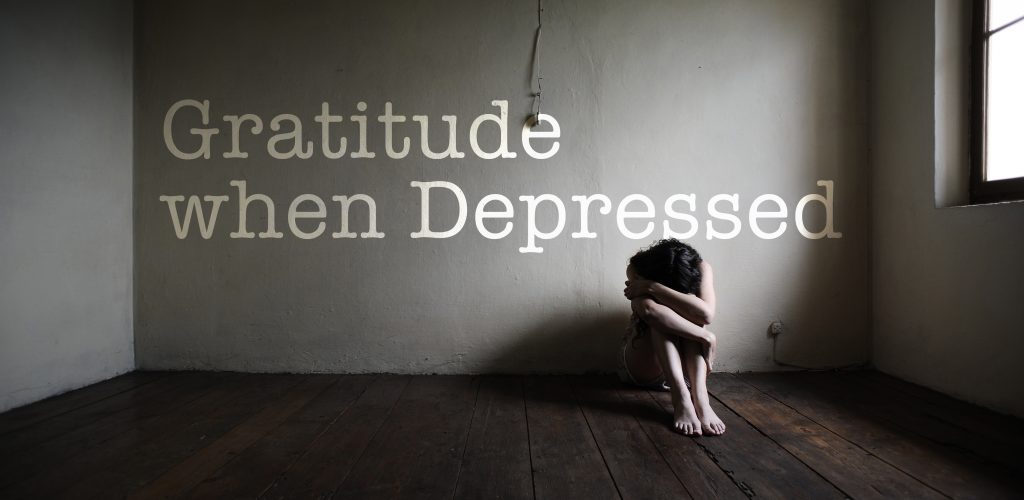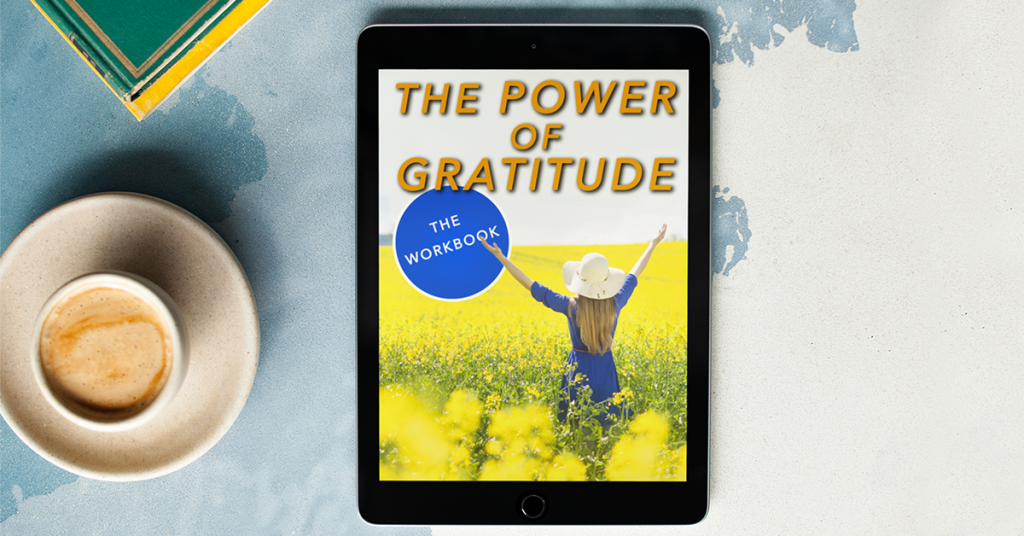Gratitude practice has often been touted as a simple yet effective way to boost mood and overall well-being. However, the question arises:
Does practicing gratitude really work for those living with depression and anxiety?
A recent study delves into this complex relationship, offering insights that may surprise you.
The Study: A Closer Look
The study in question was actually a meta-analysis of 27 different studies, involving a total of 3,700 participants. These individuals engaged in what are known as “gratitude interventions,” such as reflecting on three good things that happened during the day or writing a thank-you letter and reading it aloud. The conclusion? Gratitude practices did not significantly improve mood or reduce anxiety in people with depression or anxiety.
Why Gratitude May Not Be a One-Size-Fits-All Solution
Depression is a complicated condition, and what works for one person may not work for another. Here are some reasons why gratitude practice might not be effective for everyone:
Negative Mindset: When you have depression, you typically view the world through a negative lens, making it difficult to focus on positive things.
Deep-Rooted Beliefs: Some people may have grown up in environments where they were constantly criticized or made to feel inadequate, affecting their ability to feel grateful.
Severity of Depression: The effectiveness of gratitude practices can also depend on the severity of the depression. Those with a severe case of depression are more likely to find it especially challenging to benefit from these practices. And if this is you, please please please seek some help today. And remember: not every therapist is the same. You will probably have to sift through a few before you find someone who knows how to work with you most effectively.
Finding Your Potential: Alternative Approaches
If you’re living with depression and finding that gratitude practice isn’t helping, don’t give up. There are other ways to work towards finding your potential:
Cognitive Behavioral Therapy (CBT):
CBT can help you identify negative thought patterns and replace them with more positive ones.Medication:
Antidepressants can be effective in treating the chemical imbalances that contribute to depression. **This should always be used in accompaniment to therapy and/or a personal practice.Mindfulness and Meditation:
These practices can help you become more aware of your thoughts and feelings, making it easier to shift your focus throughout the day.Physical Exercise:
Regular exercise (even 20 minutes a day of walking!!!) releases endorphins, which has been proven repeatedly to improve mood and mental well-being.
Special Offer: Zen Mastery Program
If you’re looking for a comprehensive approach to improving your mental health, consider the Zen Mastery program. This program offers help with gaining more focus, designed to help you live a more fulfilled life.
🌟 Call to Action: Take the first step towards a better you. Learn more about the Zen Mastery program now:
Conclusion
While gratitude practice has its merits, it may not be the silver bullet for everyone, especially those living with depression. The key is to find what works for you, whether it’s medication, therapy, or a combination of different approaches. Remember, the journey to finding your potential is a personal one, and it’s okay to seek help along the way.




